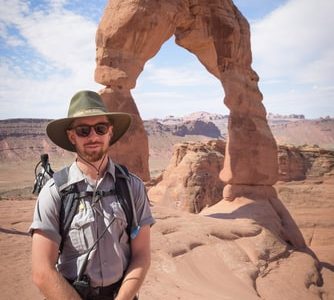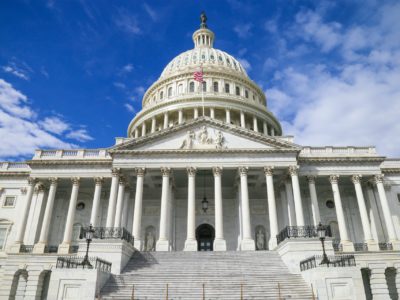Have you ever wondered what it’s like to work among wild bears, moose and hundreds of tourists? Did you grow up loving nature and learning about history? If so, then consider working for the United States National Park Service to preserve and protect the rich history that lives within the diverse parks around the country. A park ranger’s job ranges from interpreting the rich history that lives within the cobblestone paths to Independence Hall where American freedom was written into existence and engaging visitors with the endangered Alaskan wildlife in the rugged Katmai National Park and Preserve.
Find out how you can become a park ranger working alongside some of nature’s most breathtaking wonders and the country’s most significant cultural heritage sites.
What Does a Park Ranger Do?
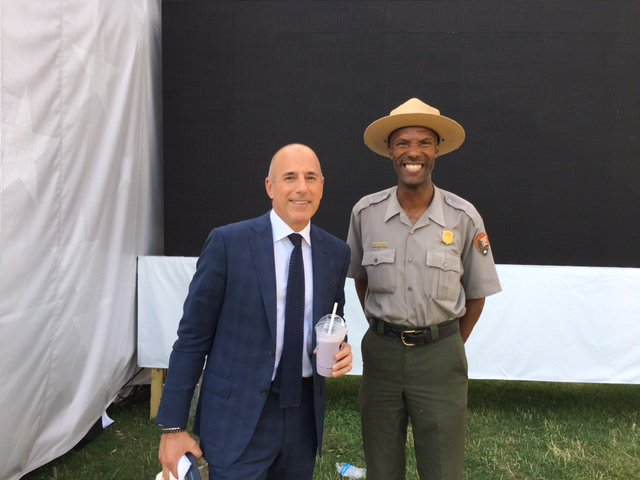
Park rangers interact with people from all over the world. Last year, the National Park Service received over 327.5 million visitors to all of the parks combined. “You never know who you’re going to meet. For example, you might interact with World War II veterans and they can tell you about what it was like to be involved in the Normandy Invasion,” Independence National Historical Park Interpretive Park Ranger Larry McClenney said. “I remember meeting a Holocaust survivor once, which is really a learning experience, or even meeting someone like—the Prince of Wales—Prince Charles came to the Liberty Bell one day. You might meet a child from Minnesota or a head of state somewhere, a World War II veteran; each day is an adventure.” In the Park Service, you get the opportunity to meet people you would never come across in day-to-day life while sharing the monumental stories that helped shape the America we live in today.
Rangers engage with visitors by giving tours, working in the visitor’s center and even doing research to answer outreach questions. “My favorite part about the job is every day is different. It doesn’t get boring,” Deputy Superintendent of Park Operations at the Statue of Liberty National Monument and Ellis Island Cherie Butler said. “Sometimes it gets hectic—it’s a stressful job, but I love what I’m doing. I love the story of the Statue of Liberty and Ellis Island.” This job will never leave you bored, with opportunities to meet people from all around the globe every single day and to travel across the nation. Rangers get to articulate complex historical topics in a meaningful way to help people connect with the remarkable places they get to work with and impact the way others see the world.
What Does It Take to Become a Park Ranger?
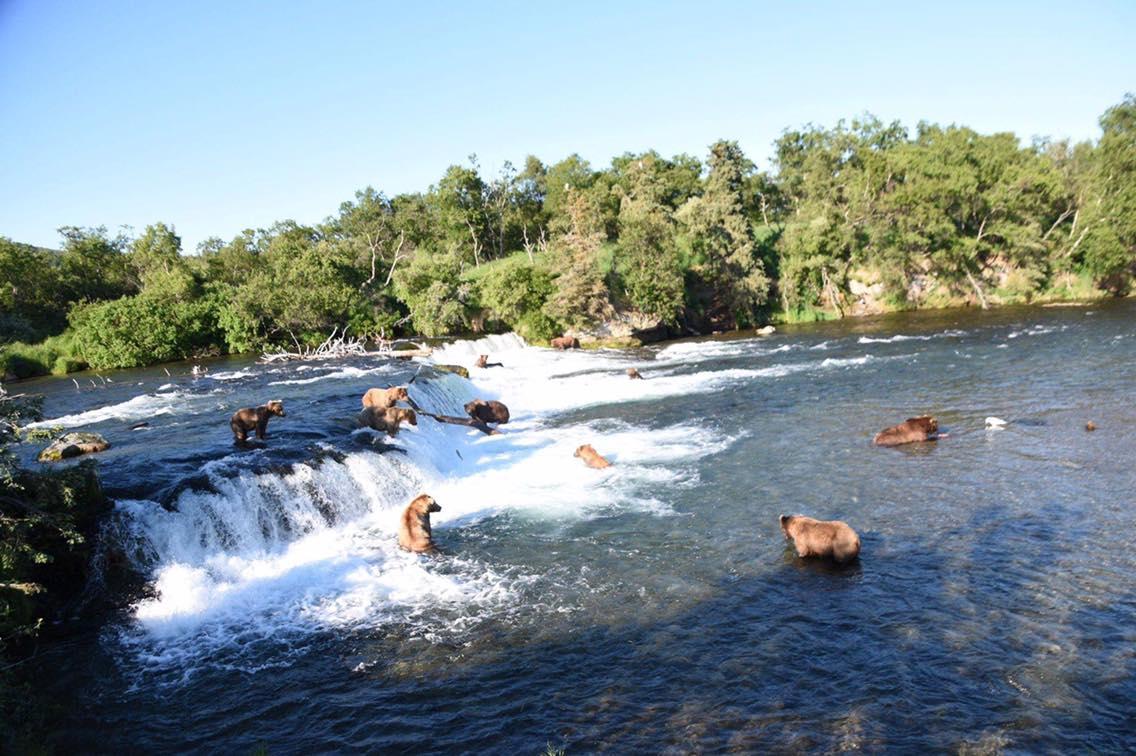
The U.S. National Park Service may be known around the world, but it boasts merely 20,000 employees in the entire United States, making any job application open to massive competition. Nevertheless, stay positive. “Don’t be discouraged. Go for it, apply for it, because half the battle is trying to get into the organization. Once you get in, you find it’s well worth all the struggle—it really is,” McClenney said. “I look back and it’s one of the best choices I’ve ever made in my life, joining the Park Service.” Just because you don’t get into the National Park Service right away, doesn’t mean you won’t get in the next time you apply. In the meantime, here are some ways to excel as a park ranger:
Get A Bachelor’s Degree
Every aspiring park ranger must have a four-year undergraduate degree if they want to get hired. Even so, it’s not important what kind of degree you study for in college. As long as you have a passion for the park service and what it represents, you can cater your education to your own personal interests. “People get here from lots of different paths. Myself, I was a political science major and I loved doing research, learning about what was going on and how it connected,” Interpretation and Education Program Manager Katmai National Park and Preserve Amber Kraft said. “There are people who come from the history side, the English side, from the sciences, so there’s not really any one path to get here.” Find out what you’re passionate about and transcend it into your Park Service career.
Volunteer At A Park Near You
Spending time volunteering at a park near you will give your application the huge boost it needs. You will gain experience participating in your dream job, learn how national parks operate and establish yourself within the industry. “If you can find time in your life one of the best ways to get started is to be a volunteer somewhere at a park near you,” McClenney said. “By volunteering you gain experience, you get to see how the organization works and you make very important contacts so that when it’s time to apply for a permanent job, you already have that as an advantage over other people that you’ve had some experience, even as a VIP [Volunteer-in-Parks].” Building relationships with the people who may become your coworkers and supervisors is a great way to have an upper hand over other applicants, so definitely don’t turn your nose up at working without pay.
Start Seasonal
Many aspiring park rangers have to work several seasonal positions before Seasonal work can turn into the stepping stone to the great opportunities a lifetime as a park ranger offers. “On a personal level, I got started out as a volunteer. We also have seasonal opportunities so you can work for 90 days in between studies in university. That’s how I got started, working as a seasonal for a few summers,” McClenney said. “Living in Philadelphia, I had no idea what a park ranger was and someone told me about this opportunity — at that point, I knew that this is what I wanted to do with the rest of my life. I was hooked.” Stay patient and persist, your volunteer and seasonal work combined will convey how passionate and dedicated you are to the National Park Service, so they will not be able to turn you away.
Don’t Be Afraid To Move
Do not limit yourself to one specific geographic area, travel across the nation and go where the opportunities lie. “I moved a lot. I’m from Arkansas, I moved to New York, I moved to Philadelphia, I moved back to New York, I moved back to Philadelphia, moved to Boston, I moved to Maryland, and I’m back in New York,” Butler said. “So, it’s going where the opportunities are. Staying in a park for your entire career, you may have the opportunity to move up, but it’s been my experience that I’ve seen people move around to different parks to follow those opportunities in order to advance your career.” You can both elevate and enrich your career by accessing the noteworthy National Parks around the country.
What Should You Know About Becoming a Park Ranger?
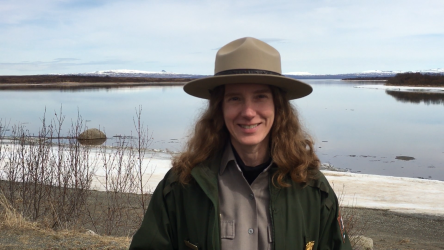
How Much Do Park Rangers Get Paid?
Park ranger salaries vary greatly depending on what park you work at, your position, education and experience. The General Schedule (GS) payscale determines the annual wages for federal park rangers, and the Park Service normally hires new rangers at the GS-5 payscale. The GS-5 requires at the minimum a four-year bachelor’s degree, and the pay scale ranges from $27,705 – $36,021. However, many opportunities exist to move up to higher levels, including the GS-11 payscale, where you could earn up to $71,764 a year. The GS salary ranges all vary depending on the cost of living rates in the state you live in, so make sure to look up the current pay scale in your own state.
How Much Will I Be Expected to Work?
Park rangers can count on working 40-hour weeks, with 80 hours in a pay period, so expect to get paid every two weeks. When you first start working with the Park Service you get four hours of vacation days that can accrue every two weeks. After three years, you receive six hours after two weeks, and after fifteen years, you earn eight hours of pay period every two weeks. So it takes time, but eventually you earn an acceptable amount of vacation days. Nevertheless, you still need to put in the work first.
What Is The Work Environment Like?
A day in the life of a park ranger will never begin to bore you. Rangers concentrate a majority of their time interacting with the public rather than in an office space. “I spend some time doing research, which would be about 20% of the time, but about a majority of our time we’re out on our feet walking around,” McClenney said. “Very seldom are we ever tied to a desk or a computer monitor.” This job is all about constant movement, so make sure you’re in shape to stay on your feet and show the visitors around.
What Do I Need To Know About The Future Of The National Park Service?
Established in 1916 by President Woodrow Wilson, the National Park Service remains a vital key to our country’s history, and it’s not going away anytime soon. “We are a pretty steady sort of career field. We protect the public lands, the National Parks,” Kraft said. “We have everything from historic house museums, to battlefields, mountains, volcanoes, so it’s a huge variety of stories and landscapes. And those places are here to stay. We’re all here to help protect them to interpret those places for visitors.” Operated by the Department of Interior for 104 years and counting, park rangers don’t need to worry about losing their jobs in the foreseeable future.
Key Skills
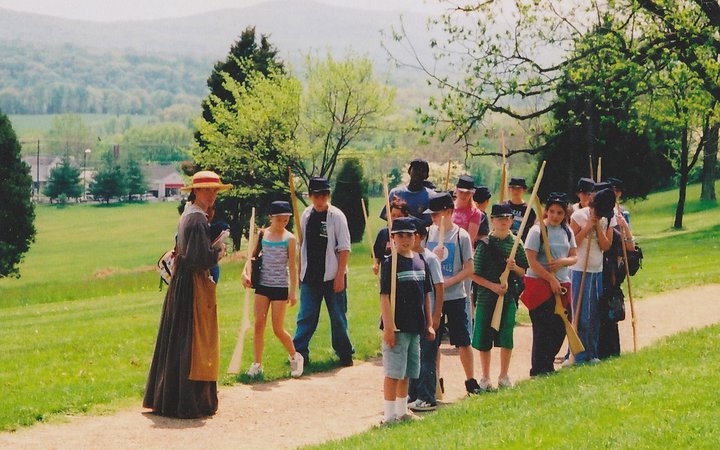
1. Public Speaking
Speaking in front of huge crowds everyday, park rangers need to captivate diverse audiences and make the same story engaging to teenagers, children, the elderly and international visitors all at once. Practicing how to put together a thematic speech with both clear and compelling language will propel your storytelling to the next level. Learn how to enhance your own public speaking abilities to make people walk away yearning to learn more.
2. Interpersonal Skills
An upbeat personality and an outgoing attitude will take you far in the park ranger career field. Interacting with hundreds of people every day can easily become overwhelming, it’s up to you to stay positive and try not to get burnt out by the visitation. “For example, every visitor that comes up to you and asks you where the bathroom is, it may be your thirtieth or sixtieth time answering the same question in a day, but it’s their first time asking it,” Kraft said. “So be able to treat each visitor as an individual and be excited for each new question.” Acknowledge that each tourist comes from a different background and that your actions can impact how they remember their trip for years to come.
3. Lifelong Learners
For a park ranger, the learning never ends. “The Park Service is great for lifelong learners. So thinking about how there’s always more to do; our stories are so complex and always evolving what we think we know about history or about science,” Kraft said. “There’s always new adaptations to it or new ways to look at information.” It’s impossible to know everything, so come to work with a curious attitude, eager to learn new information and ready to interpret it for visitors.
More Important Skills:
- Foreign language skills
- Confidence
- Positive Attitude
- Outgoing
- Physically fit
- Flexible schedule
- Organizational skills
What Makes Becoming a Park Ranger Worth all of the Hard Work?
From navigating the diverse and demanding tourist groups in Philadelphia’s Independence National Historical Park and the wild brown bears in southern Alaska’s Katmai National Park and Preserve, park rangers can run into royalty eager for a tour of the Liberty Bell or cross paths with a wild lynx. These unpredictable and exhilarating moments are what make a park ranger’s job so highly sought after, but it’s the intimate, rewarding experiences within every daily interaction that make it worth all the hard work. “I think anyone who is a park ranger goes home just proud of what they do. And excited about the fact that people were able to learn something from them, and maybe one day come back and either work for the National Park Service, or possibly do something in their community to help whatever Park is near wherever they live,” Butler said. Walking symbols of United States history, park rangers feel honored to give back to the country in an equally unique and meaningful way. “I love that feeling of wearing that uniform, and that I represent an organization that plays such a pivotal role in preserving our country’s natural and cultural heritage. It’s really a humbling privilege to be able to have that responsibility for the American people on a daily basis,” McClenney said. Becoming a park ranger gives you the opportunity to participate in a larger than life career.
Memorable Experiences
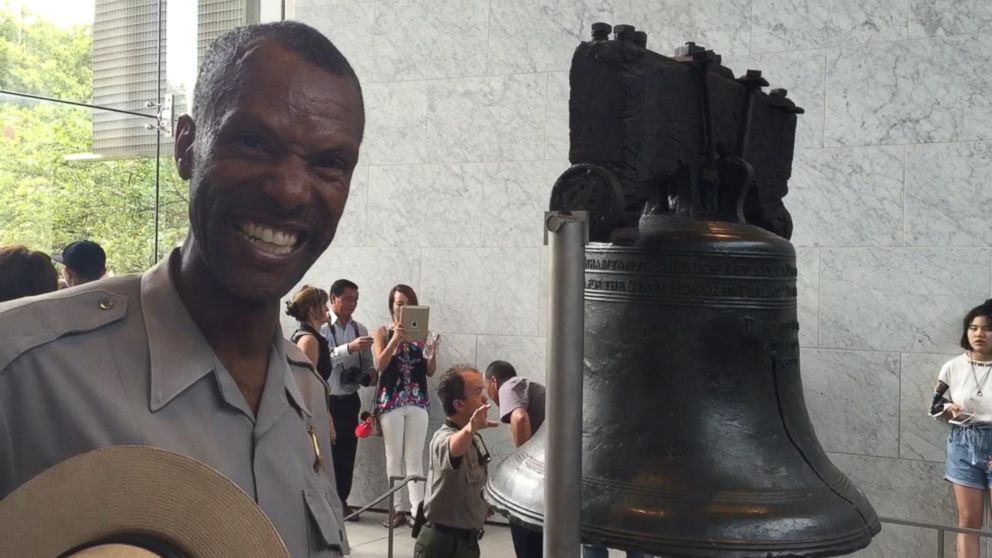
“I’ll never forget this for the rest of my life. I was given the privilege of giving a [Liberty] Bell talk to the first president of South Africa, Nelson Mandela. He came in 1993 to Philadelphia. They asked me, “Would you be willing to give a talk?” and I said, “Are you kidding?”—This man was a living icon, but I had the chance to talk to him about the Liberty Bell. And the whole time that I was talking to him about it, I was like, “Wait a minute, I’m talking to him about liberty, shouldn’t it be the other way around? I should be listening to him, he’s the one who should be telling me about liberty and freedom.” That man spent 27 years of his life in jail, because of a cause that he believed in. Ultimately he succeeded in freeing his country, and just to be in the same room with that man changed my life forever,” McClenney said.
“Harper’s Ferry was an amazing park to work at—I got the opportunity to do a lot of costume interpretation. So I’d be walking around with the skirt on and I’d have little kids come up to me asking if I was a princess. And that gave me the opportunity to talk about some of the clothing that I was wearing and how it was different than the clothing that we wear today. There’s normal families that come to—heads of state. Every day is just an amazing experience, you have to be open and willing to experience those and treat everybody like they are that VIP, Very Important Person, coming to visit your park because you never do know who it is you’re really talking to. And everybody has the opportunity to be treated with the most respect at these places,” Kraft said.
“There was a student when I worked in Independence [National Historical Park]. He visited Independence when he was like twelve years old. And then he applied for a job there later on. I was still there because —I was there for 15 years, and he ended up applying for a job and he got a job there. So that was a situation where I’m not saying that I influenced him to work there, but the story was so important to him. He stayed with it, and then eventually was able to become a park ranger himself,” Butler said.

